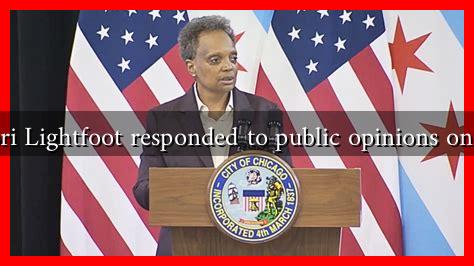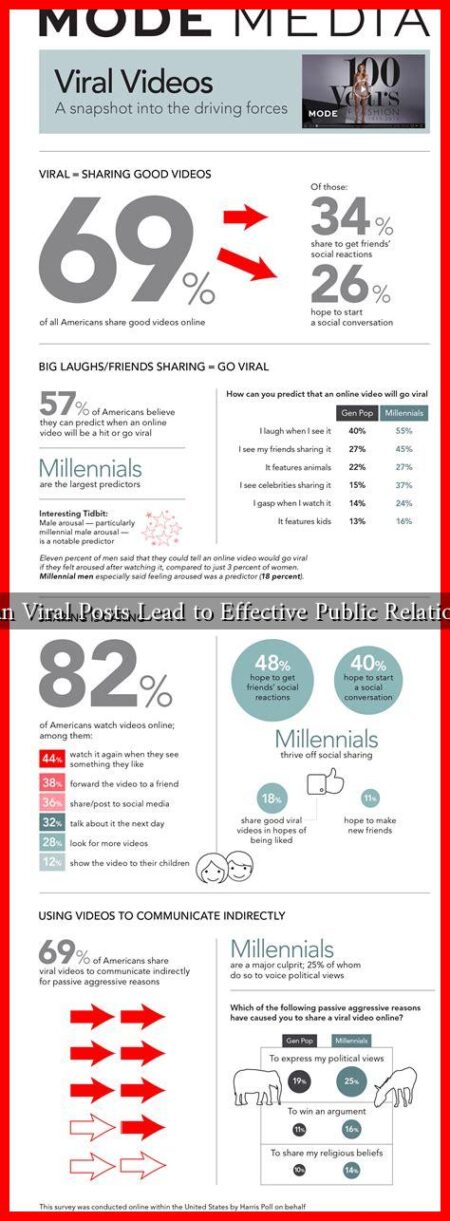-
Table of Contents
How Has Lori Lightfoot Responded to Public Opinions on Her Policies?
As the first African American woman and openly gay mayor of Chicago, Lori Lightfoot has faced a unique set of challenges and opportunities since taking office in May 2019. Her administration has been marked by significant public scrutiny, particularly regarding her policies on crime, education, and public health. This article explores how Lightfoot has responded to public opinions on her policies, highlighting her strategies, successes, and areas of contention.
Understanding Public Sentiment
Public opinion plays a crucial role in shaping the policies of elected officials. For Lightfoot, understanding the sentiments of Chicagoans has been essential, especially in a city grappling with issues like gun violence and economic disparity. Various polls and surveys have indicated fluctuating approval ratings for her administration, often reflecting the public’s response to her policies.
- In a 2021 poll by the Chicago Tribune, Lightfoot’s approval rating dipped to 33%, largely due to concerns over rising crime rates.
- Conversely, her handling of the COVID-19 pandemic received praise, with many residents appreciating her transparency and communication.
Engagement with the Community
Lightfoot has made concerted efforts to engage with the community to gauge public opinion.
. She has utilized various platforms to communicate directly with residents, including town hall meetings, social media, and community forums. This engagement has allowed her to address concerns and adapt her policies accordingly.
- In response to public outcry over police reform, Lightfoot established the Community Commission for Public Safety and Accountability, aiming to involve citizens in the oversight of police practices.
- She has also launched initiatives like the “Chicago Recovery Plan,” which allocates funds to support communities disproportionately affected by the pandemic.
Policy Adjustments Based on Feedback
One of the most notable aspects of Lightfoot’s response to public opinion has been her willingness to adjust policies based on feedback. For instance, her administration faced significant backlash regarding the handling of the Chicago Police Department and its relationship with the community.
- After protests erupted in 2020 following the murder of George Floyd, Lightfoot proposed a series of reforms aimed at increasing police accountability, including the establishment of a civilian oversight board.
- She also committed to investing in mental health services and community programs as alternatives to policing, responding to calls for a more holistic approach to public safety.
Challenges and Criticisms
Despite her efforts, Lightfoot has faced criticism from various quarters. Some community leaders argue that her policies have not gone far enough, particularly regarding police reform and economic equity. Additionally, her handling of the COVID-19 pandemic has drawn mixed reviews.
- While many praised her initial response, others criticized her for not doing enough to support small businesses during lockdowns.
- Her decision to close schools during the pandemic faced backlash from parents and educators, leading to protests and demands for more transparency in decision-making.
Conclusion: A Balancing Act
Lori Lightfoot’s tenure as mayor of Chicago has been characterized by a balancing act between implementing her vision for the city and responding to the diverse opinions of its residents. Her proactive engagement with the community and willingness to adapt policies based on public feedback demonstrate her commitment to serving the people of Chicago. However, the challenges she faces highlight the complexities of governance in a city with deep-rooted issues. As Lightfoot continues to navigate these challenges, her ability to listen and respond to public opinion will be crucial in shaping her legacy as mayor.
For more information on Lori Lightfoot’s policies and public engagement strategies, you can visit the official Chicago Mayor’s Office website.





